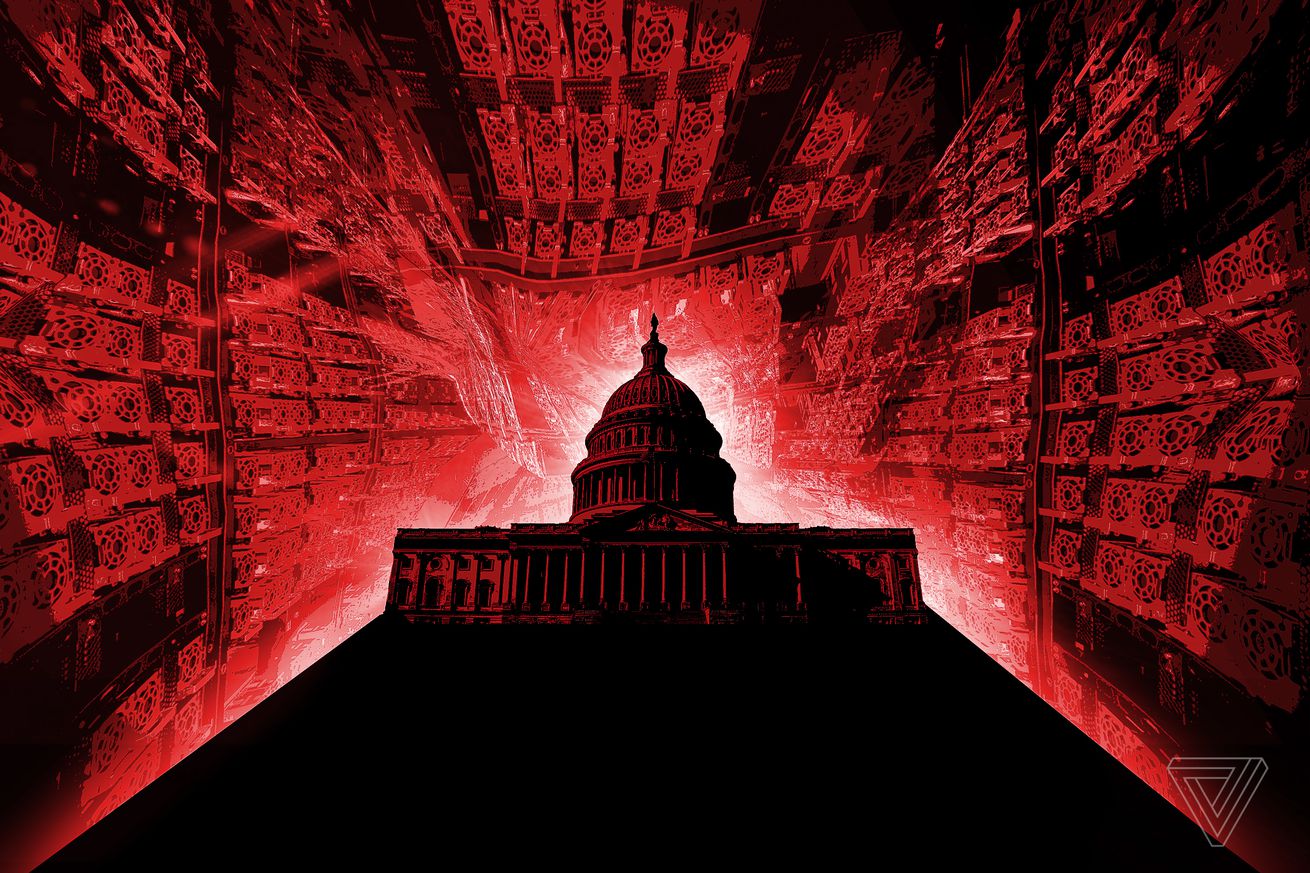
Someone please fix the FCC, FFS
Since President Joe Biden took office, the Senate has held four confirmation hearings for two separate nominees to break the ongoing deadlock at the Federal Communications Commission. The latest one was yesterday — and it might get the FCC closer to a full staff, but it’s a sad landmark to celebrate.
The Senate Commerce Committee held a confirmation hearing for several positions on Thursday, including Biden’s latest pick for FCC commissioner, Anna Gomez. (You may remember his previous three-time nominee, Gigi Sohn, dropped out in March.) She’s a veteran telecom lawyer who’s been working for the government for the better part of her career. Gomez has stayed out of the spotlight, so her opinions on controversial issues like net neutrality have been mostly unknown. But having been nominated by a Democrat, it was fairly easy to assume the positions she would take.
So yesterday’s hearing played out like any number of earlier ones. Democrats wanted to know if Gomez supported net neutrality and other liberal policy favorites. Republicans litigated the FCC’s entire reason for existence. Gomez, for her part, gave all the expected answers. She supports strong Title II net neutrality rules. She would protect agency programs discounting broadband plans for low-income families.
This is good news, or at least better than the alternative. But it’s an exhaustingly empty performance. The hearing was a group of committee members checking boxes; some didn’t even show up. Anyone who cared enough to tune in would have heard little about why Gomez’s confirmation matters — including the urgency of connecting everyone in America to high-speed broadband.
Tens of millions of Americans don’t have access to high-speed broadband
Tens of millions of Americans don’t have access to high-speed broadband. Depending on who you ask, that number could be as low as 14 million or as high as 42 million because the FCC has yet to fix the maps that would give us an accurate number. For the sake of argument, let’s use the smaller figure. That is still 14 million people, some with kids who can’t finish their homework at the kitchen table or in their bedrooms. That’s still 14 million people who can’t stream whatever everyone is watching on Netflix or Hulu. It’s 14 million people who can’t participate in the online world a majority of the country takes for granted.
At the height of the Democratic primary race in 2020, I went to Iowa and split my time between caucus events and checking out the realities of rural broadband disparity. At that point, nearly every Democratic candidate had some plan to close the digital divide.
Now in 2023, Biden’s term is half over. His signature infrastructure bill, meant to stimulate affordable internet access across the country, is poised to funnel money toward big telecoms at the expense of competitive city-run initiatives. His FCC can’t take stronger action to fix the problem because he can’t get a third Democratic commissioner to push his agenda through. This is unprecedented. Never, under any administration, has the FCC been without a working majority for this long.
It took eight months for Biden to even nominate Sohn, his first pick, for the seat. For the following year and a half, the Senate’s focus wasn’t pushing her through to close this gap in broadband accessibility. Instead, Republicans and dark money groups did everything they could to stop her confirmation. Everything from her tweets to her board positions was twisted into chum for the culture wars. The worst part is that Democratic lawmakers did very little to combat these attacks.
The only people who benefit from a non-functional FCC are telecoms and their executives, and it’s maddening to see this get lost in all of these hearings. Most annoyingly, millions of people in these GOP senators’ states still lack access. Take Sen. Ted Cruz (R) from Texas, for example — more than 2.8 million Texas households and 7 million Texans lack broadband.
Sohn’s opponents argued she was too radical and threatened free speech and that this was a greater problem than poor broadband expansion. But having covered the FCC since 2017, it’s hard to believe that’s the case. Before she was nominated, everyone I spoke to — Democrats and Republicans — enjoyed working with Sohn. They may not have agreed on everything, but they shared that common goal to get everyone in this country broadband.
Since Gomez’s bureaucratic background left little room for Republicans to attack her in the same way as Sohn, she’s got a seemingly better chance of getting confirmed. But time is running out as the 2024 election season draws nearer, and much of the damage has been done. The last few years have shown just how far FCC opponents will go to kneecap the agency — and how little its supporters are doing to stop them.

